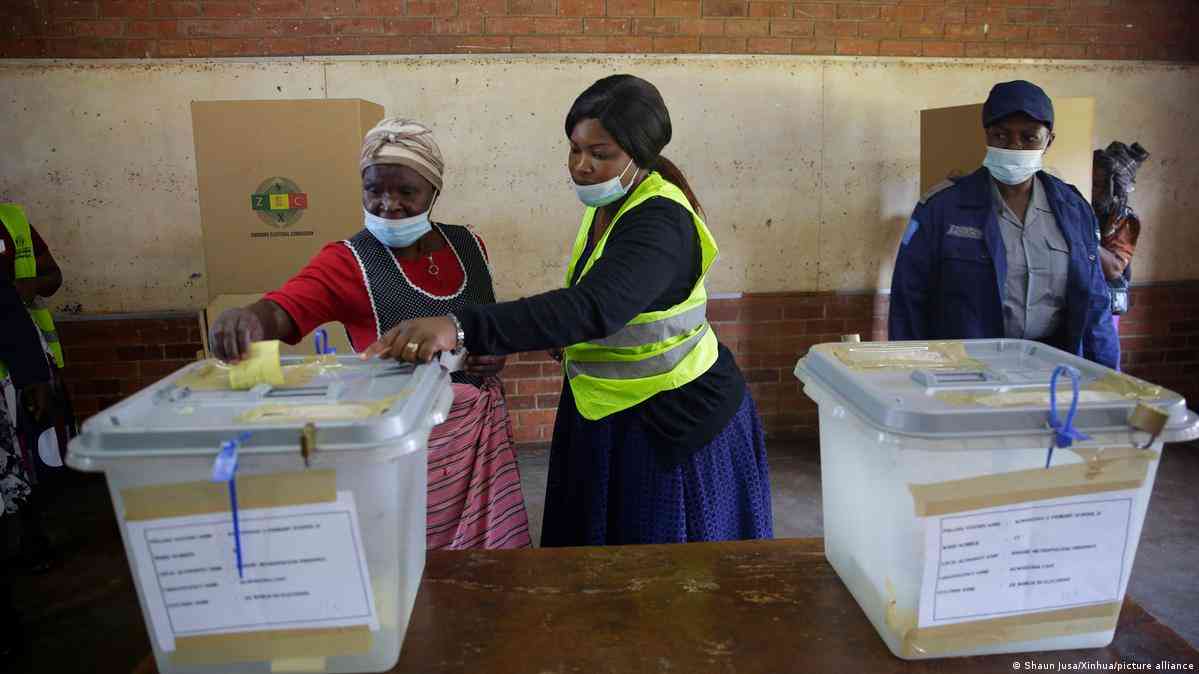
Women’s groups in Zimbabwe have expressed shock at revelations that women were the majority of assisted voters during the August harmonised elections.
Women make up the huge majority of Zimbabwe’s population and claims that most of them cannot go through a simple voting process has jolted the women’s national representatives who are now groping for answers.
According to a preliminary report by the Election Resource Center, 69,4% of assisted voters were women compared to only 30,6% males.
The statistics were revealed amid concerns over the low participation of women in political and electoral processes over the years.
Women's Academy for Leadership and Political Excellence media and publications officer Helen Kadirire said the statistics were a cause for concern.
“While we may not have a definite reason why women were in the majority of those assisted to vote, marginalisation has got something to do with it” Kadirire said.
“We need people to understand that historically women have been marginalised for long due to various factors that may stem from negative patriarchal attitudes, which resulted in most women not going forward with their education, resulting in probable high levels of illiteracy within their demographic group.”
Kadirire said harassment, threats and intimidation during elections also contributed to the high numbers of assisted women voters.
- Chamisa under fire over US$120K donation
- Mavhunga puts DeMbare into Chibuku quarterfinals
- Pension funds bet on Cabora Bassa oilfields
- Councils defy govt fire tender directive
Keep Reading
Imba Mukadzi director Siphathisiwe Moyo said illiteracy and patriarchal tendencies were the major causes of having many assisted female voters.
“On the issue of Illiteracy it is important to understand that most women are not literate because boys were given first preference for education in a family setup,” Moyo said.
“The fact that women constitute 54% of the population and according to researchers women also participate more in electoral processes than men automatically it will appear so.”
Women Action Group executive director Edinah Masiyiwa echoed similar sentiments.
“I think it's genuine illiteracy especially if you take a look into the older generation. We are talking about ages ranging from 70 years and upwards,” Masiyiwa said.
“In the olden days, boys were given more preference over girls when it came to going to school therefore we can also safely filter in the issue of patriarchy.”
The country recorded a decrease in the participation of women in this year’s polls compared to 2018 amid fears the drop could jeopardise plans to address gender parity.
According to available statistics, the country recorded a decline from 14,8% in 2018 to 11% for this years’ elections.










